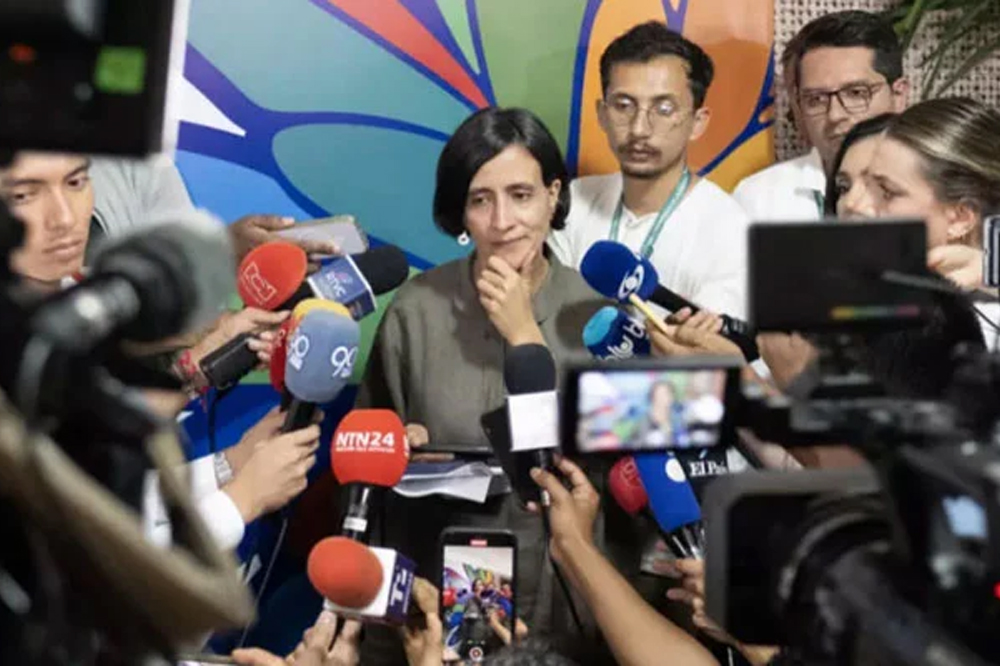UN talks on saving nature stumble on finance hurdle

CALI, COLOMBIA—The world’s biggest nature conservation conference closed in Colombia on Saturday with no agreement on a road map to ramp up funding for species protection.
With other successes under its belt, the 16th Conference of Parties (COP16) to the United Nations’ Convention on Biological Diversity (CBD) was suspended by its president Susana Muhamad as negotiations ran almost 12 hours longer than planned and delegates started leaving to catch flights.
The exodus left the summit without a quorum for decision-making, but CBD spokesperson David Ainsworth told Agence France-Presse (AFP) it will resume at a later date to consider outstanding issues.
“We will continue working because this crisis is too big and we cannot stop,” Muhamad told AFP after declaring the Cali COP closed.
The conference, the biggest meeting of its kind yet with around 23,000 registered delegates, was tasked with assessing, and ramping up, progress toward reaching 23 targets set in Canada two years ago to halt humankind’s rapacious destruction of nature’s bounty by 2030.
For this purpose, it was agreed in 2022 that $200 billion per year be made available to protect biodiversity by 2030, including the transfer of $30 billion per year from rich to poor nations.
The total for 2022 was about $15 billion, according to the Organization for Economic Cooperation and Development. On top of that, nations have pledged about $400 million to a Global Biodiversity Framework Fund (GBFF) created last year to meet the UN targets.
Commitments
In Cali, negotiators were split largely between poor and rich country blocs as they haggled over increased funding and other commitments. The biggest ask from the summit—to lay out a detailed funding plan—turned out to be a bridge too far.
Muhamad, Colombia’s environment minister, had offered a draft text proposing the creation of a dedicated biodiversity fund, which was rejected by the European Union, Switzerland and Japan.
Developing nations had insisted on the creation of a new fund, saying they are not adequately represented in existing mechanisms including the GBFF, which they say are also too onerous.
The lack of agreement is “a negative signal that will have repercussions on the other environmental negotiations at the end of the year because it reveals a deep disagreement on the technical possibility of making transfers between the Global North and South,” said Sebastien Treyer of the French think tank Iddri.
The meeting did manage to coalesce around the creation of a fund to share the profits of digitally sequenced genetic data taken from plants and animals with the communities they come from.
Delegates also approved the creation of a permanent body to represent the interests of Indigenous people under the UN’s Convention on Biological Diversity.
AFP is one of the world's three major news agencies, and the only European one. Its mission is to provide rapid, comprehensive, impartial and verified coverage of the news and issues that shape our daily lives.

















